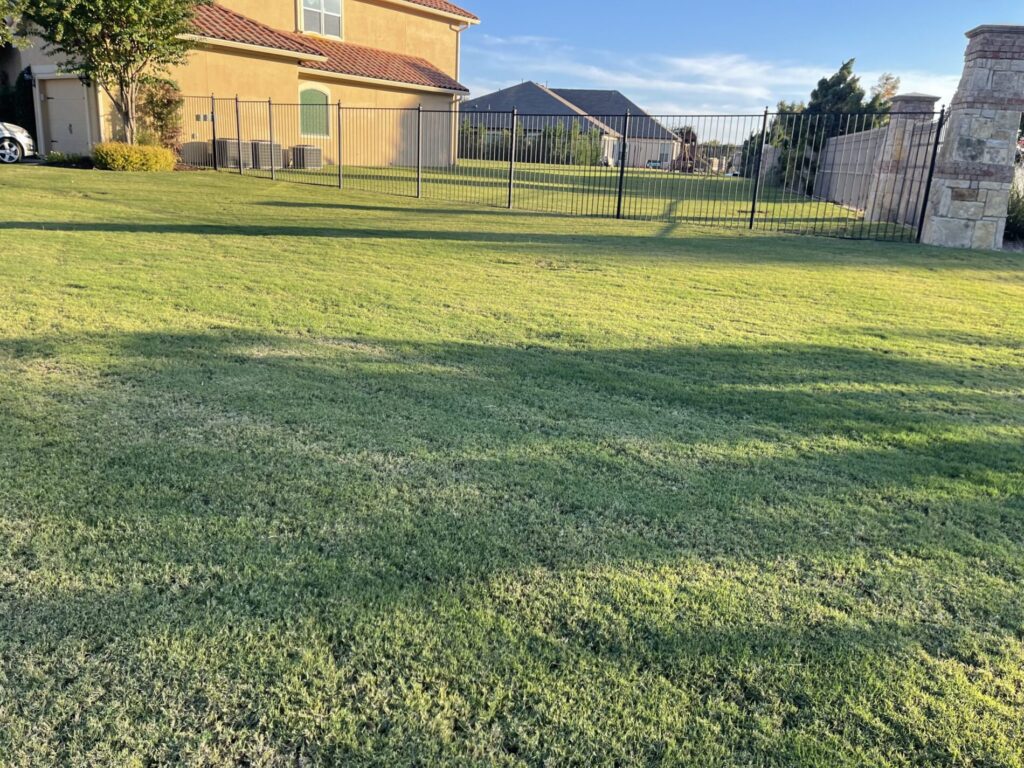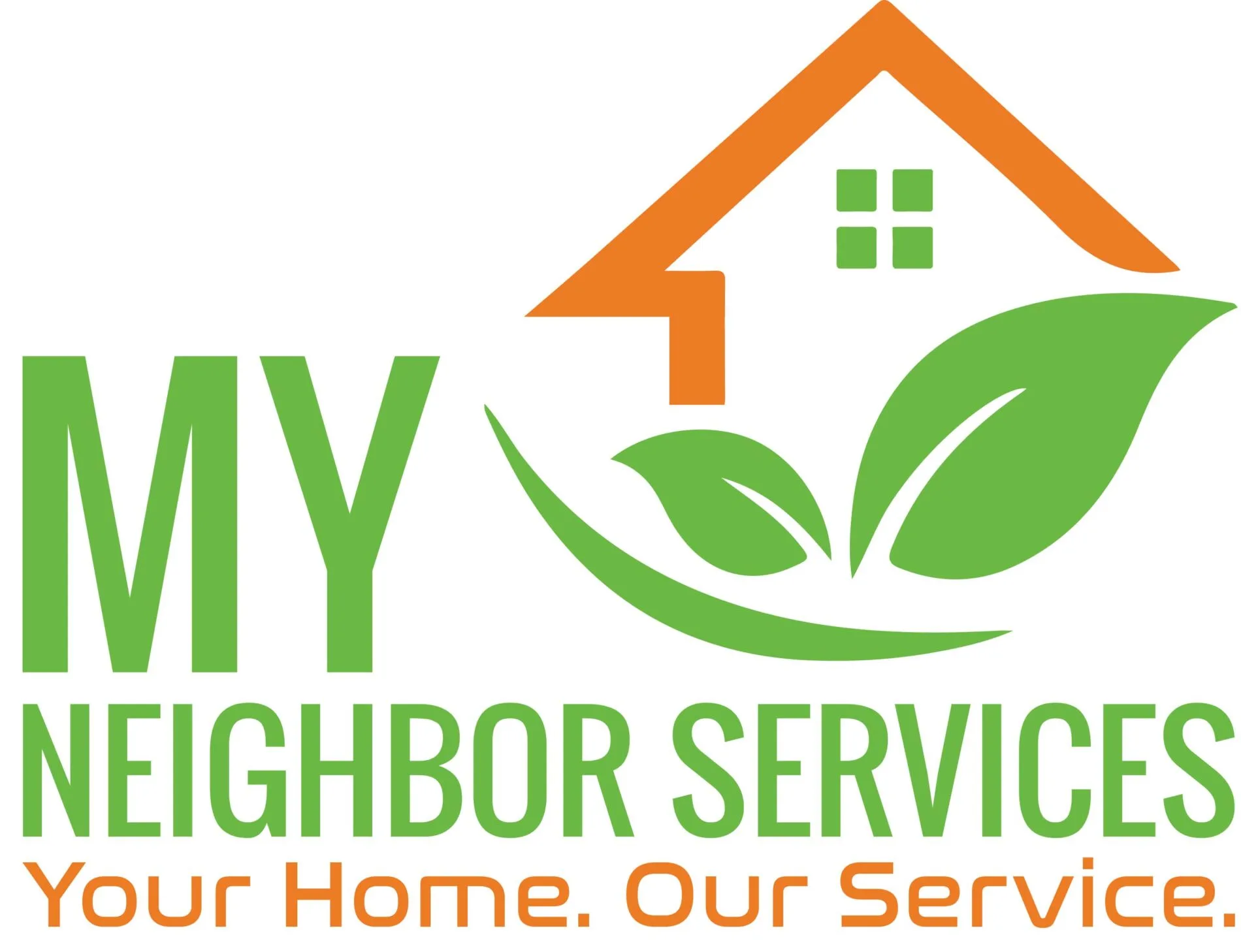
Revive Brown Grass: Your Ultimate Lawn Care Guide
Enhancing Lawn Quality: A Comprehensive Guide for Outdoor Enthusiasts

Outdoor enthusiasts are constantly seeking ways to revive brown grass and elevate the quality of their lawns. In recent years, the development of new grass varieties has revolutionized lawn care. These grasses, rich in essential nutrients like nitrogen and phosphorus, offer a unique advantage in controlling plant health. Unlike traditional fertilizers, these nutrients are delivered in water-soluble particles, preventing buildup on the soil surface. If you’ve noticed brown spots on your lawn, worry not; this article provides valuable insights and solutions to revive brown grass.
Understanding Brown Grass
When your once-lush green grass starts turning brown, it’s crucial to identify the underlying causes. Brown patches may signal issues ranging from inadequate watering to improper fertilization. Let’s explore the key factors contributing to brown grass and effective remedies.
Causes of Brown Grass
- Inadequate Watering: Insufficient water can lead to browning and eventual death of the grass.
- Improper Fertilization: Using the wrong type or excessive amounts of fertilizer can harm your lawn.
- Irregular Mowing: Maintaining an appropriate grass height through regular mowing is essential.
- Leaves and Debris: Rake up fallen leaves and debris, as they can block sunlight and trap moisture.
- Soil Aeration Issues: Improperly maintained lawn flushing systems may cause root damage and soil dryness.
- Extreme Weather: Both extreme heat and cold can contribute to brown patches.
- Lawn Stressors: Factors like over-fertilization, lack of water, and poor soil conditions can stress your lawn.
Salvaging Your Grass
To revive brown grass effectively, it’s crucial to avoid over-fertilizing or excessive watering. Use a specialized grass fertilizer designed for distressed lawns. Regular mowing, every two weeks, helps maintain an optimal grass height. Additionally, consider investing in a turf treatment if needed.
Quick Solutions to Revive Brown Grass
If you notice brown patches on your lawn, swift action is necessary. Here are quick solutions to revive brown grass and restore the vibrancy of your lawn:
- Check Water Levels: Ensure proper irrigation to avoid over-watering, a common cause of browning.
- Balanced Fertilization: Apply a balanced fertilizer to enhance grass growth and keep it green.
- Pruning: Regular pruning removes excess vegetation, promoting healthier grass.
- Weeding and Mulching: Control weeds, and use mulch to retain moisture and protect the lawn from environmental stress.
Signs of Danger: Nematodes and Brown Patches
If brown patches persist and your lawn is at risk, consider professional assistance. Nematodes, tiny creatures feeding on plant roots, can cause significant damage. Look for black spots on leaves as an indicator of nematode activity. To protect your garden, follow preventive measures like cleaning debris and using an EPA-approved nematicide.
Assessing Plant Health
If your plants remain unaffected despite brown grass, there may still be an issue. Treat the grass promptly with appropriate measures, considering the severity of discoloration. Brown and wilting grass could signal underlying plant diseases or insect infestations, necessitating professional intervention.
Ensuring Proper Irrigation
For areas with extended summer seasons, the inevitability of brown and dying grass looms. While taking personal initiatives can be beneficial, seeking professional help might become imperative. Here’s how you can manage revive brown grass effectively:
- Call My Neighbor Services: Delegate the task of lawn care to professionals like My Neighbor Services, specializing in comprehensive lawn care solutions.
- Expert Lawn Care: From mowing to weed control, My Neighbor Services offers a range of services tailored to your needs.
- Affordable and Quality: As a family-owned lawn and tree care service provider, we pride ourselves on delivering high-quality services at an affordable price.
- Experienced Team: Our qualified lawn professionals, serving the Collin County area since 2005, possess extensive knowledge on fertilizers and lawn care practices.
In conclusion, prioritizing your lawn’s health is essential for outdoor enthusiasts. By adhering to these comprehensive guidelines, you can not only revive brown grass but also ensure the long-term well-being of your lawn.
